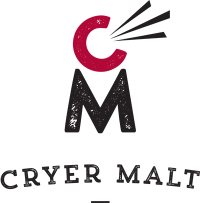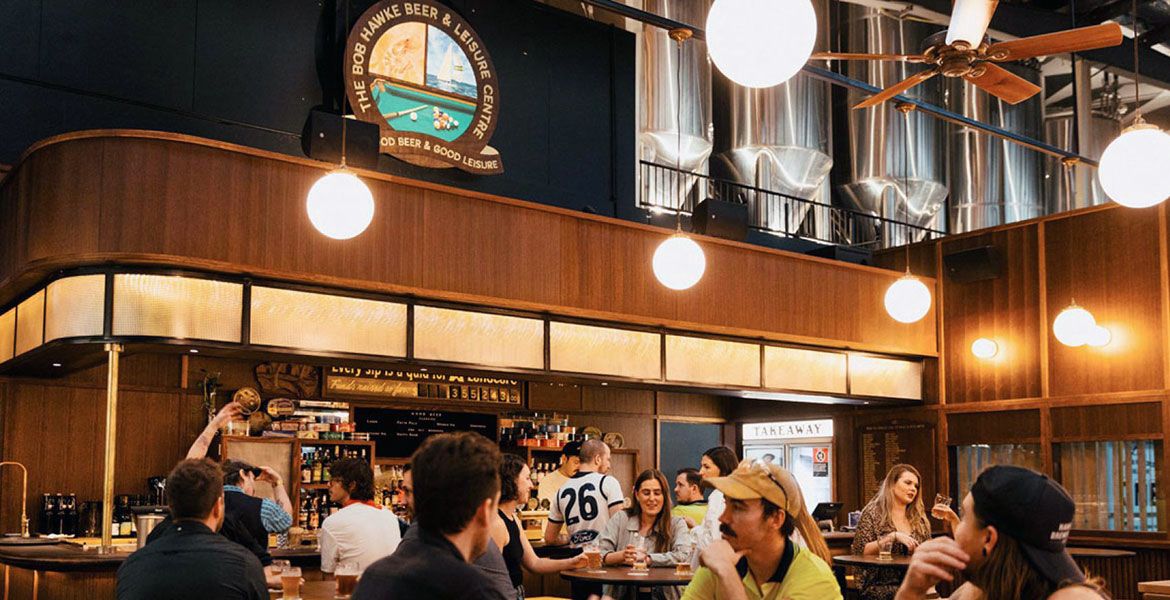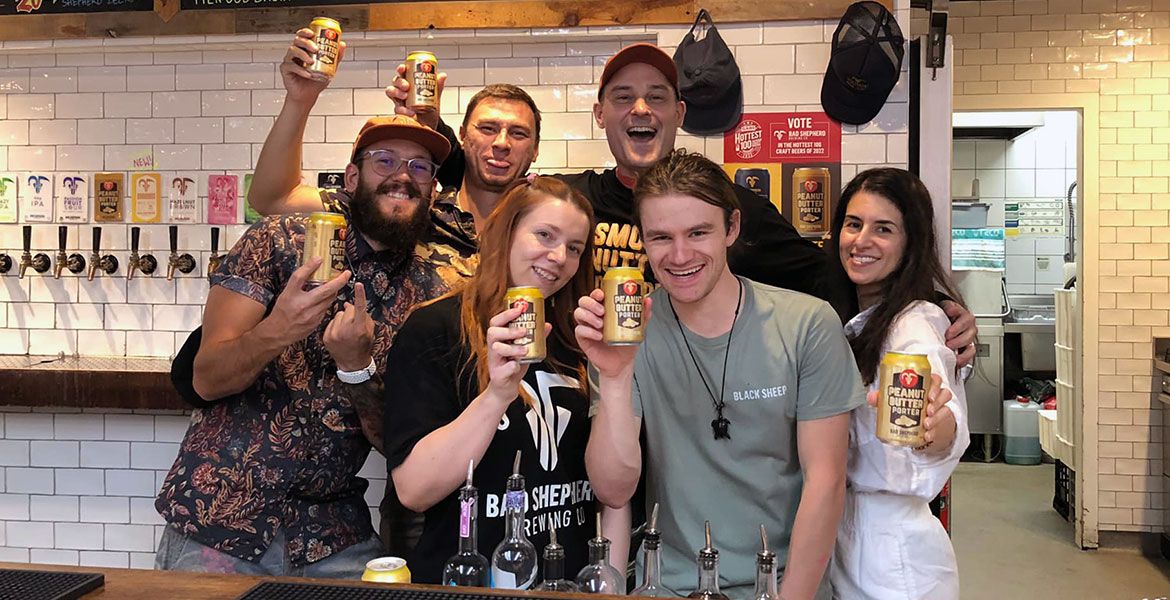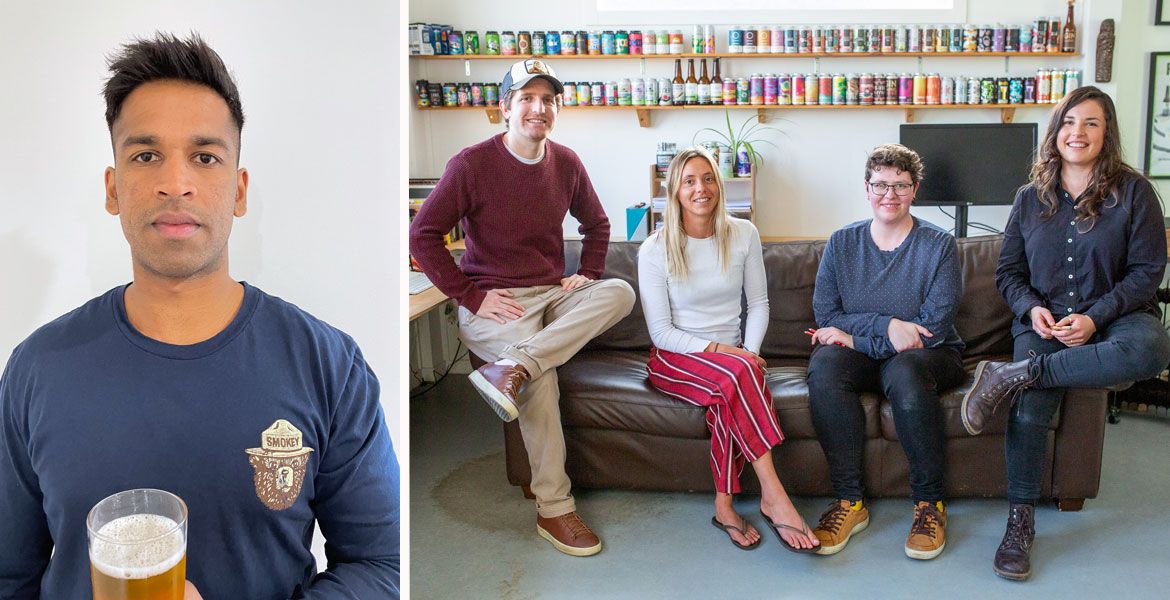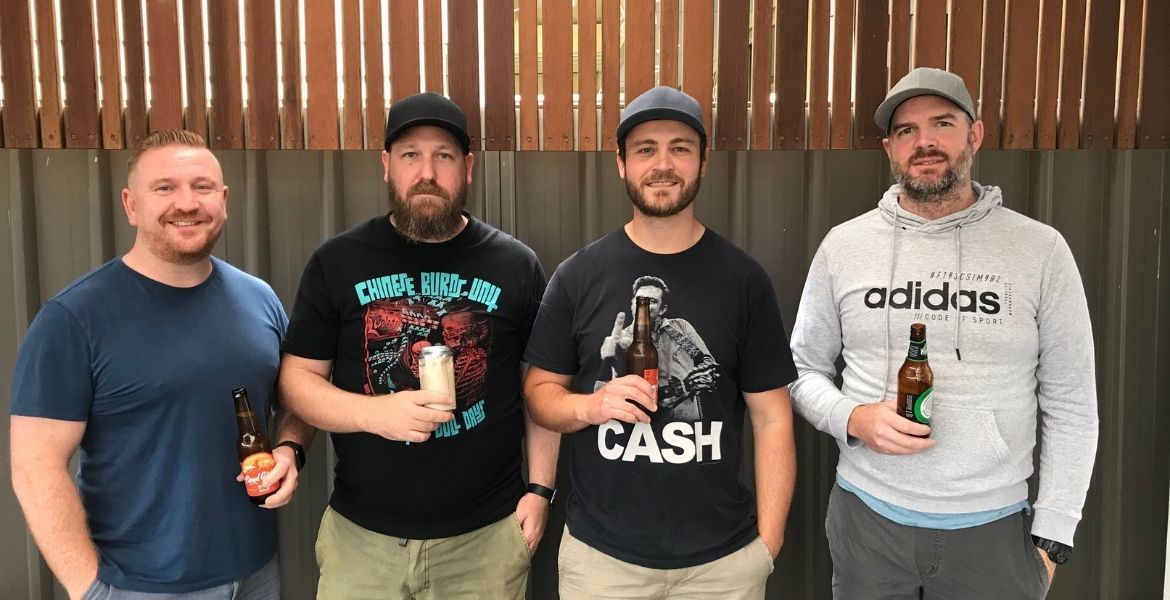When craft beer was beginning to bloom, there were precious few places in Australia in which budding brewers could learn their trade but as the industry has developed so too have the educational opportunities.
At the same time, while wannabe brewers now have access to brewing courses in much of the country, what happens once they're in the industry itself? As people climb the brewing ladder, they often end up spending less and less time making beer. The days of producing wort and checking pH levels disappear as head brewers and brewery owners find themselves working less with hops and grains and spending more time gazing at spreadsheets, order forms, balancing budgets and managing their teams.
Sure, such people might have spent years in the industry by that point but just because you've become an experienced brewer equally adept at knocking out a clean lager as an explosively aromatic hazy IPA doesn't mean you've also picked up the skills required to run a team: balancing the particular needs and priorities of individuals while bringing them together for a unified goal. What's more, for the majority of small breweries, HR teams aren't a realistic or affordable proposition.
This transition in job roles proved to be a steep learning curve for Jayne Lewis as she moved through the industry, initially into the head brewer role at Mountain Goat and then founding Two Birds Brewing with her mate Danielle Allen.
"I started out loving the art of making beer but suddenly found myself in managerial roles with little knowledge of how to lead and motivate a team," Jayne says. "Integrating new staff into existing teams and navigating the dynamics of managing people proved to be tough and actually very taxing on me personally."
But, while moving into a leadership position was an initial challenge, it soon became a passion, one that has led to the launch of her own coaching and consulting business after leaving Two Birds, which Lion has since announced will close this month.
Jayne isn't the first person to move from brewer to consultant, but her focus is a little different from most who have typically remained focused on beer and brewing. With Full Colour Life, Jayne aims to share her passion for helping people grow with the leaders at small breweries – and businesses in other industries – who are looking for guidance with building and running their businesses and teams and managing people.
"I wanted to support not just those in the brewing industry, but anyone who could benefit from a little guidance and encouragement," she told The Crafty Pint.
"I started out as a brewer myself. But while running Two Birds I discovered that working with people and helping them grow turned out to be my real passion. There's nothing quite like seeing folks find their purpose, excel in what they do and genuinely love their work – it just lit me up inside."
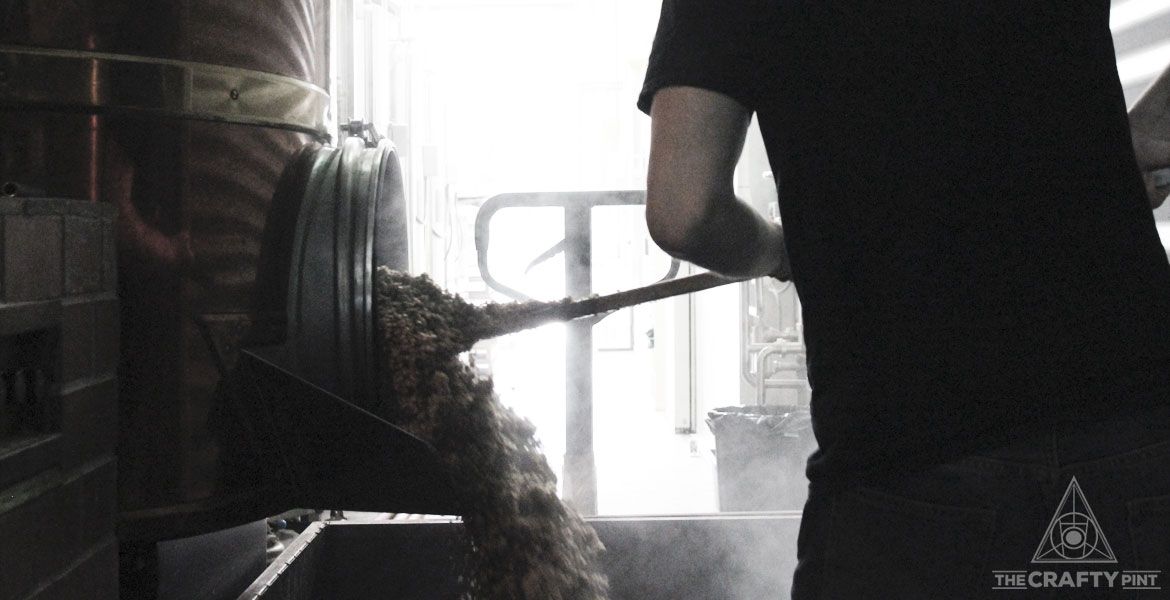
As a business owner and brewer, Jayne says you're often required to wear a lot of hats at once; personally, she found it difficult to build her own leadership skills so she turned to a business coach to help fine-tune them.
"Without an HR professional in the business, performance management, hiring, and firing were unstructured tasks that required a lot of learning through experience," she says.
"I craved a more people-centric approach, and that's where my coach really came in handy and now is a space that I see where I can add value for others.
"I did a lot of deep personal work, I experimented and tried lots of things that didn’t work and then, with the help of my coach, I worked out how to bring out the best in people. I settled into a style that was authentic to me and ultimately created great results for my team."
Craft beer is an industry that thrives on and extols the virtues of being passionate about beer, something that can have the unintended effect of making a move into management difficult.
"A lot of brewers, bless their hearts, tend to be more introverted and might not feel entirely comfortable in leadership positions," she says. "They often believe that if they work hard and lead by example their team will automatically follow suit – and, sure, that might work to some extent.
"But investing in genuine relationships with your team members is a game-changer. When you foster open communication, truly connect with your people, help them set goals and find their purpose, the fulfilment and incredible output that come from it are mind-blowing."
Following the launch of Full Colour Life, Jayne shares her thoughts, infused with personal experience, on what it's like to shift from brewing beer to managing a brewery crew.
Transitioning from brewer to people manager
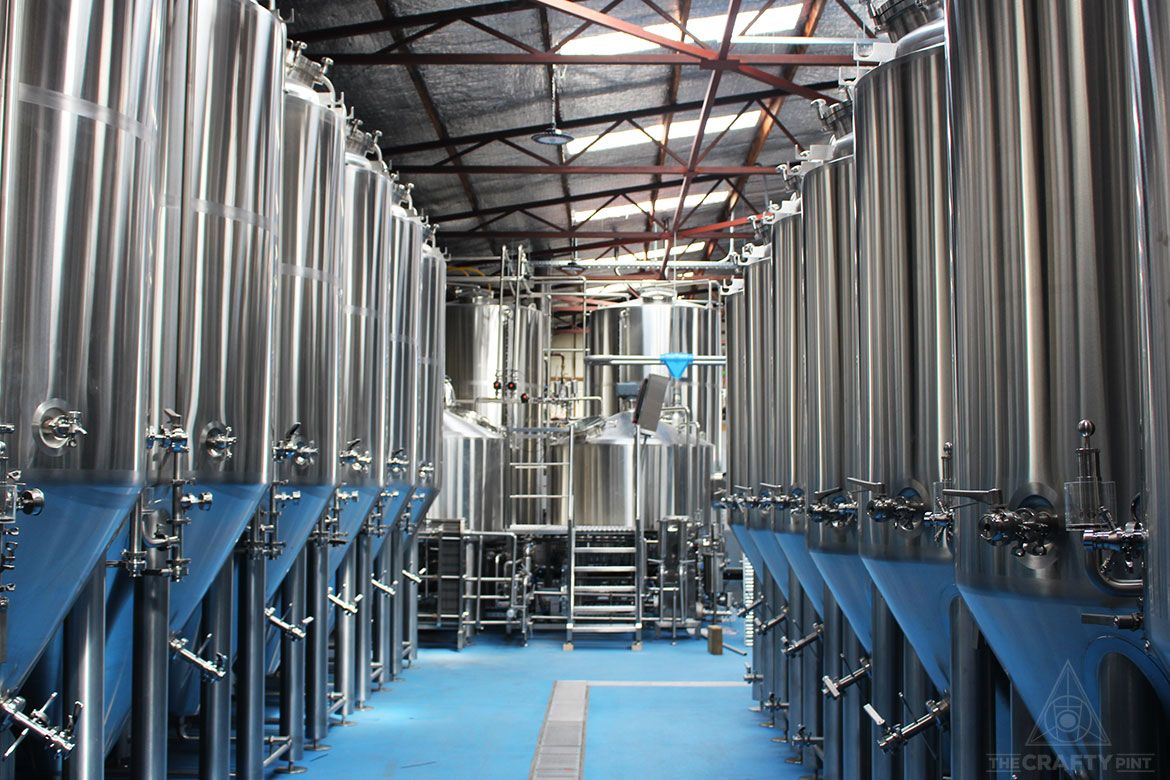
By Jayne Lewis
People tend to get into brewing because they like mixing malt with water, nursing the product through the process, and then enjoying a pint or two of the good stuff at the other end. But once you’ve done that for a while and you get good at it, you invariably end up being promoted and find yourself in a situation where you’re dealing less with hops and more with humans.
For many, this will be the first time they've managed a team; what's more, there's a good chance they won't have had much role modelling of what good leadership and people management looks like. Managing involves more than delegating tasks – who’s going to yeast off and measure gravities that day, for example; managers can directly influence productivity, output, appropriate ways of working, how team members interact with each other and the general vibe.
When considering what makes a good manager, I like this definition: “One of the qualities of a good manager is to keep a fine balance between employees’ needs and requirements, business goals, and their own individual well-being and aspirations.”
It’s a balancing act to keep employees happy and achieve what the business requires, while also looking after yourself.
So what does it take to be a good manager?
Building on the definition above, when addressing employee needs, it's worthwhile considering:
- Career development and goal setting
Where does the person want to be in one year and then five years? What do they need to do to get there and how might you support them? Are they completely clear on what is expected from them in their role?
It is important the person’s goals don’t clash with, or go against, the goals of the business. - Feedback and performance assessment.
Giving feedback is an often neglected art form and a manager needs to be able to give both positive and negative feedback. The absence of feedback can have a huge impact on a team.
I have seen the impacts of insufficient positive feedback, where people feel underappreciated and jaded, and also where negative feedback is not given, which can lead to apathy and poor quality work due to lack of accountability. - Be aware of your biases.
Are you leading the different personalities in different ways? Are you favouring particular people who feel or seem most like you? Are you asking the same people to do the same tasks or sharing the load? - Empathy and care for the human.
I hate even having to write this, but genuinely caring about the people you work with matters. Caring about their safety, their development, their interests and what they get up to on the weekend. This one is so so easy and so often neglected.
Anyone that's been around the craft beer world for a while, whether as a drinker or working in the industry, might be familiar with the 3C hops – the US varieties Cascade, Chinook and Centennial that appeared in so many American craft beer classics – but consider these as the 3Cs of people management: Communication, Clarity and Care.
In regards to communication, set forums for communication: something like WhatsApp for Simpsons memes and email for important things that need to be tracked. Put aside regular time for catch-ups with your team: weekly, monthly or quarterly, whatever works in your organisation; I guarantee you it will pay dividends.
Clarity and care requires listening and asking questions. Never assume that you know what your team want or needs, always ask. Also: give a shit.
When it comes to upholding a business' goals, it's important to share relevant info with staff, to ensure they understand the overall strategy and vision, know the expectations and how they can contribute to the business goals. This helps people to feel like they are involved, engaged and not “just a number”.
Useful and powerful questions to ask a team include: "What roadblocks are you experiencing?" and "What are you unclear/unsure of?" If you manage a team, try them – you might be surprised by what you hear.
It's also important to continually ask yourself if there's one thing that you could add to your leadership tool belt that would help you, your team and the business.
As for leaders looking after their own wellbeing and aspirations? Look out for an upcoming two-part series on burnout in the beer industry in The Crafty Pint here and overseas.
You can find Jayne in her Full Colour Life on Instagram.
If you'd like to learn more about this topic, Jayne will be presenting at BrewCon in August, with tickets and details of the 2023 conference available here.





